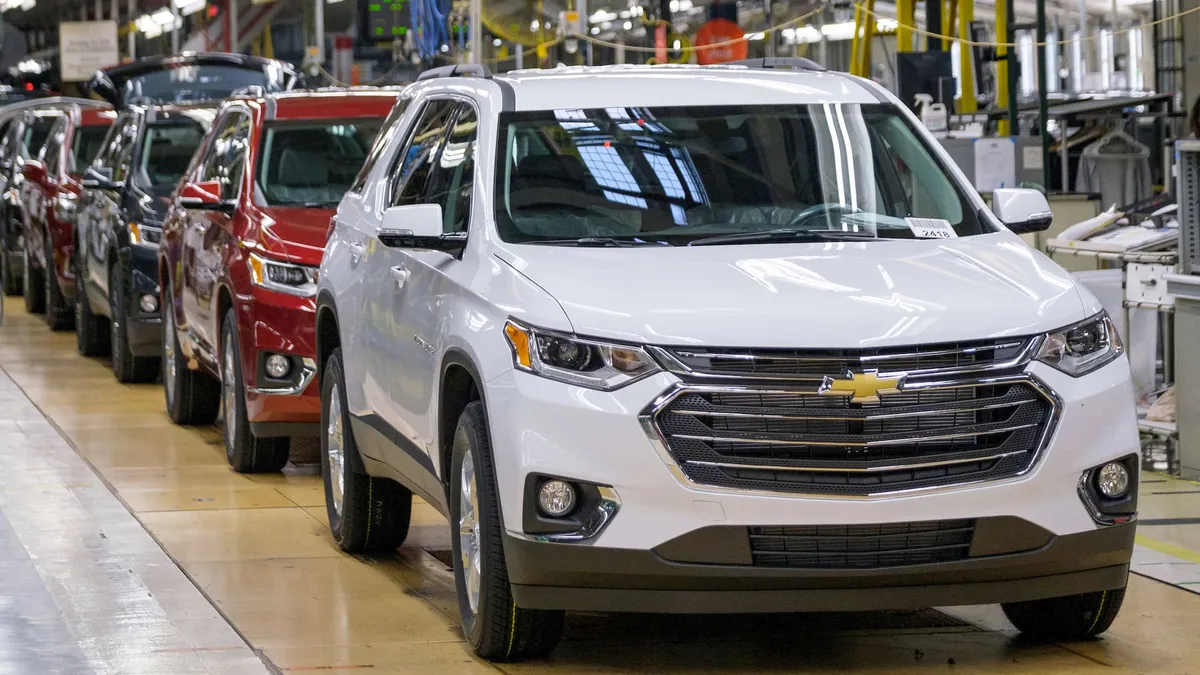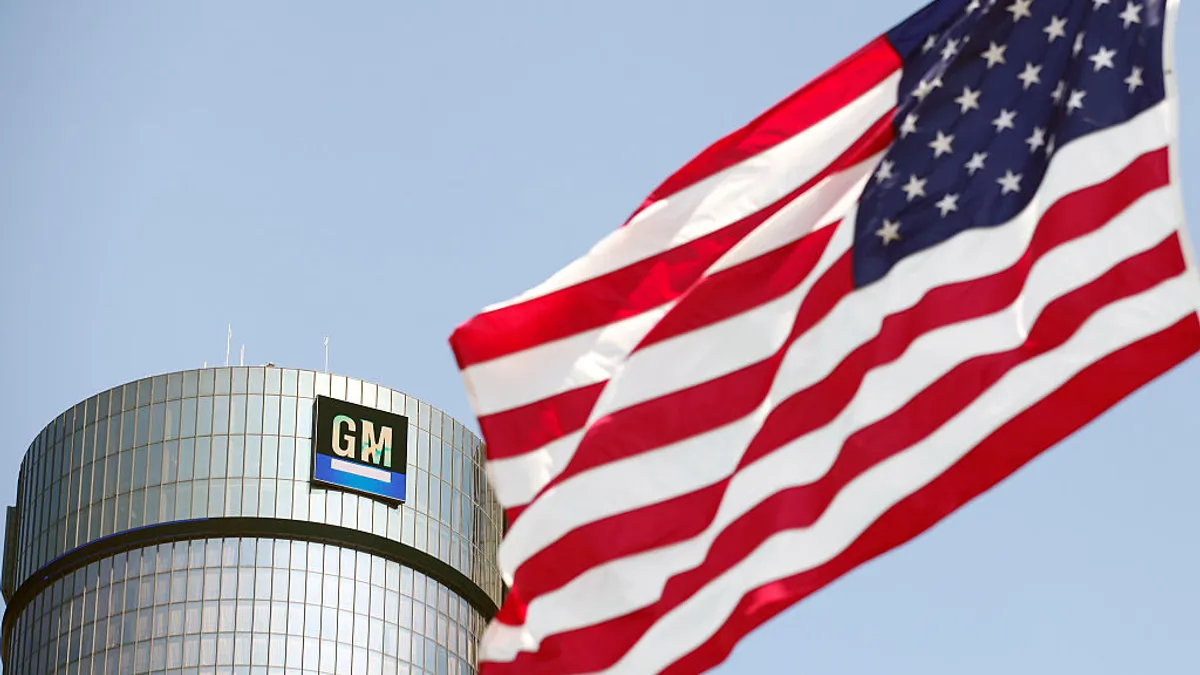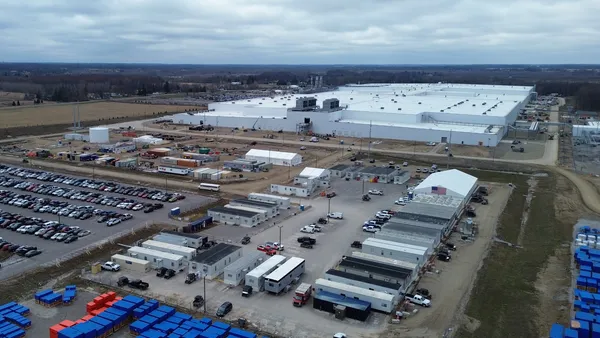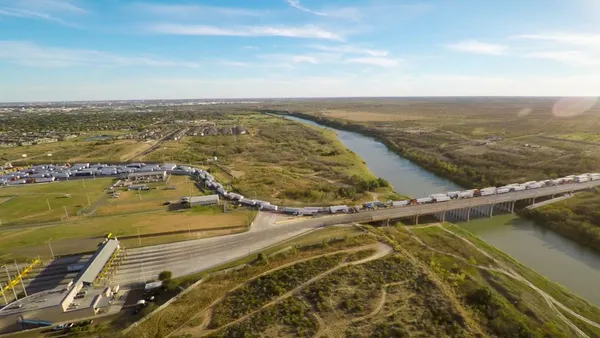Dive Brief:
- General Motors’ new labor agreement with the United Auto Workers union will cost around $9.3 billion through 2028, the company said in a call with analysts Wednesday.
- To help the company offset the increase in labor costs, GM announced a $10 billion accelerated share repurchase program.
- As part of the ASR program, GM will immediately receive $6.8 billion from its lenders.
Dive Insight:
GM’s accelerated share repurchase program will help the company offset rising labor costs while simultaneously ramping up electric vehicle production. The automaker expects that its labor costs will increase by $1.5 billion in 2024 versus the UAW prior contract and increase incrementally to $2.5 billion in 2027. In 2028 however, GM predicts labor costs will be an additional $1.1 billion as a result of the new contract.
“We estimate the new contracts that we have in place with the UAW in uniform will increase our labor costs in North America by about $500 per vehicle in 2024 and about $575 on average over the life of the contract,” said GM CEO Mary Barra on a call with analysts.
Barra added that GM is finalizing its 2024 for budgets that she said “will fully offset the incremental cost of the [UAW] contract.” This will include a fixed cost reduction program that will save the automakers around $2 billion by the end of 2024.
These cost-saving measures include lowering salary costs, lowering marketing expenses, reducing engineering expenses, supplier costs and manufacturing complexity. GM expects to avoid spending hundreds of billions of dollars with a portfolio of vehicles, including electric vehicles, that are optimized to satisfy both customers and the company’s shareholders, according to Barra.
“Now that we have a ratified contract and a clear path forward that includes greater operating investment efficiency, we can resume returning excess capital to shareholders per our plan,” said Barra.
As part of the ASR program, GM expects to increase common stock dividends by 33% from 9 cents per quarter to 12 cents beginning in 2024.
The strike that targeted GM’s truck plants resulted in a loss of production of 95,000 of GM's most popular and profitable vehicles. The Chevrolet Colorado and GMC Canyon midsize pickups and Chevrolet Traverse and Buick Enclave SUVs were the most impacted, according to GM CFO Paul Jacobson.
The automaker noted that production of these models has returned to pre-strike levels.












